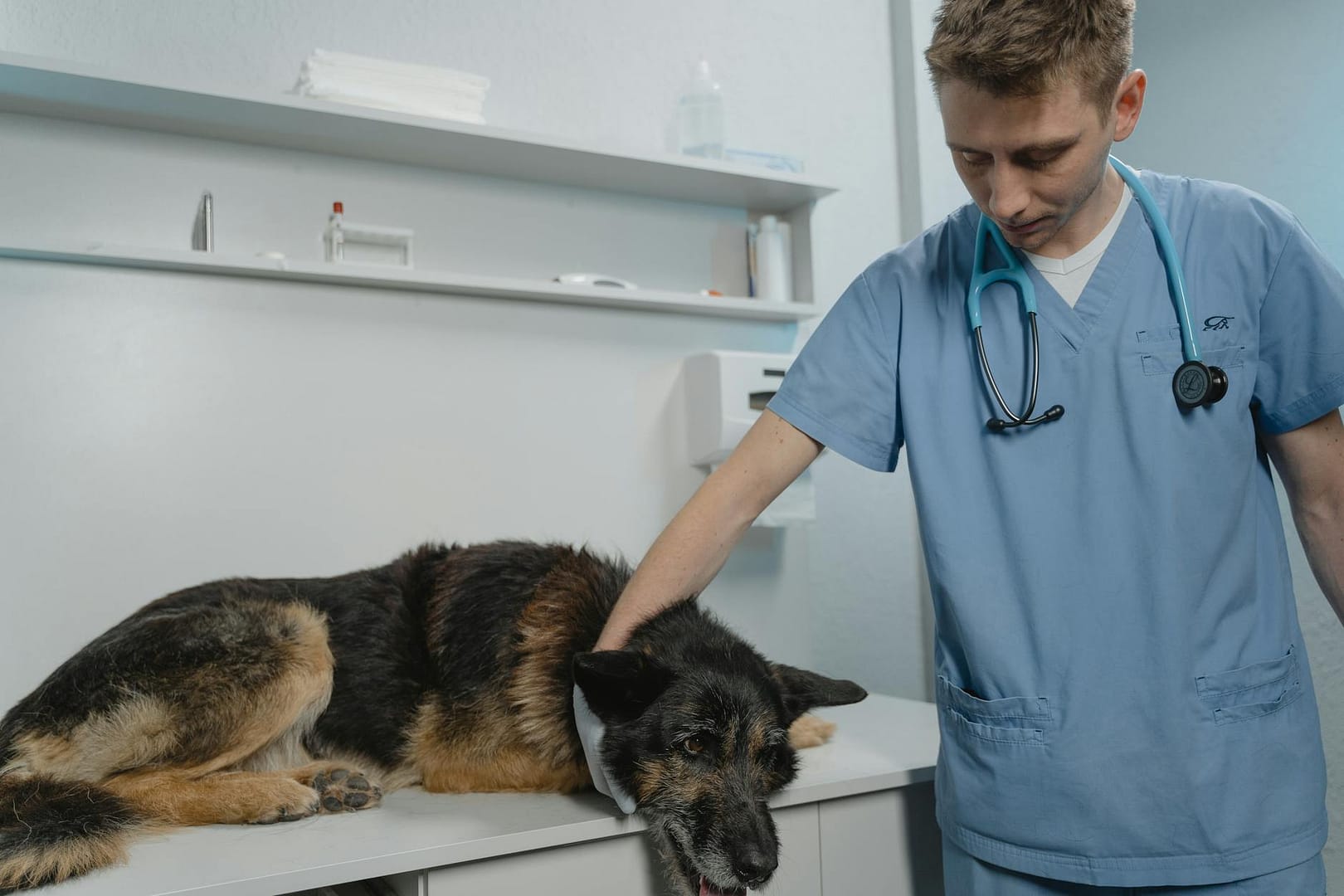You found this site because you were looking for a safe, effective way to treat your dog or cat for kennel cough, and preferably one that won’t cost you an arm or a leg or require you to take out a second mortgage.
Well, we have something you need to read first, which will maybe alter the entire way you look at pet care.
You see, when it comes to kennel cough, then most vets try to deal with it on two fronts.
Firstly, they are going to encourage (if not pressure) you into getting your dog or cat vaccinated.
This pressure is made worse because many places that you may want to take your dog (e.g. grooming salons, kennels), may not let your dog through the door unless you can prove he’s had his kennel cough shots (but don’t blame them – they’re just brainwashed by the same BS that you’re being subjected to by vets and the big drug pushers).
Of course, we’ve already talked at length about the problems with bordetella vaccinations(and while you’re there, you should read the many comments from people who have experienced first hand just what these shots can do to an animal, just to show that this is not just us having a rant), but there’s one thing that many vets probably won’t tell you.
Ready for this?
Kennel cough, aka tracheobronchitis, is rarely anything more than annoying – it’s only life-threatening in a tiny minority of cases.
The upshot is that, although nobody want to hear their dog coughing constantly, it’s easily treatable (if you do it right, of course, and we’ll come to this shortly).
So, do you really think it’s worth vaccinating your pet for a non-serious complaint and running the risk of making your dog sick, or, worse still, killing it?
But let’s assume that your dog does get kennel cough, regardless of whether he’s been vaccinated or not.
In this case, vets are often torn about how best to treat bordetella.
You see, the problem is, kennel cough is generally a combination of bacteria and viruses.
Now, while antibiotics may help with bacterial infections, they will, of course, do nothing at all about viruses.
Even VetInfo.comstates that “administering antibiotics unnecessarily or incorrectly can lead to overexposure of your dog to these drugs, decreasing their effectiveness” – and giving antibiotics to deal with viruses certainly falls in the category of unnecessary use.
So, it’s because kennel cough is self-limiting, and the organism usually inhabits the upper airways, that some vets don’t like to use antibiotics at all.
But, sadly, most vets will prescribe some form of antibiotic, and as we’ve been telling our customers for a long time now, these are chemical-based and therefore come with a wide array of potential side-effects.


